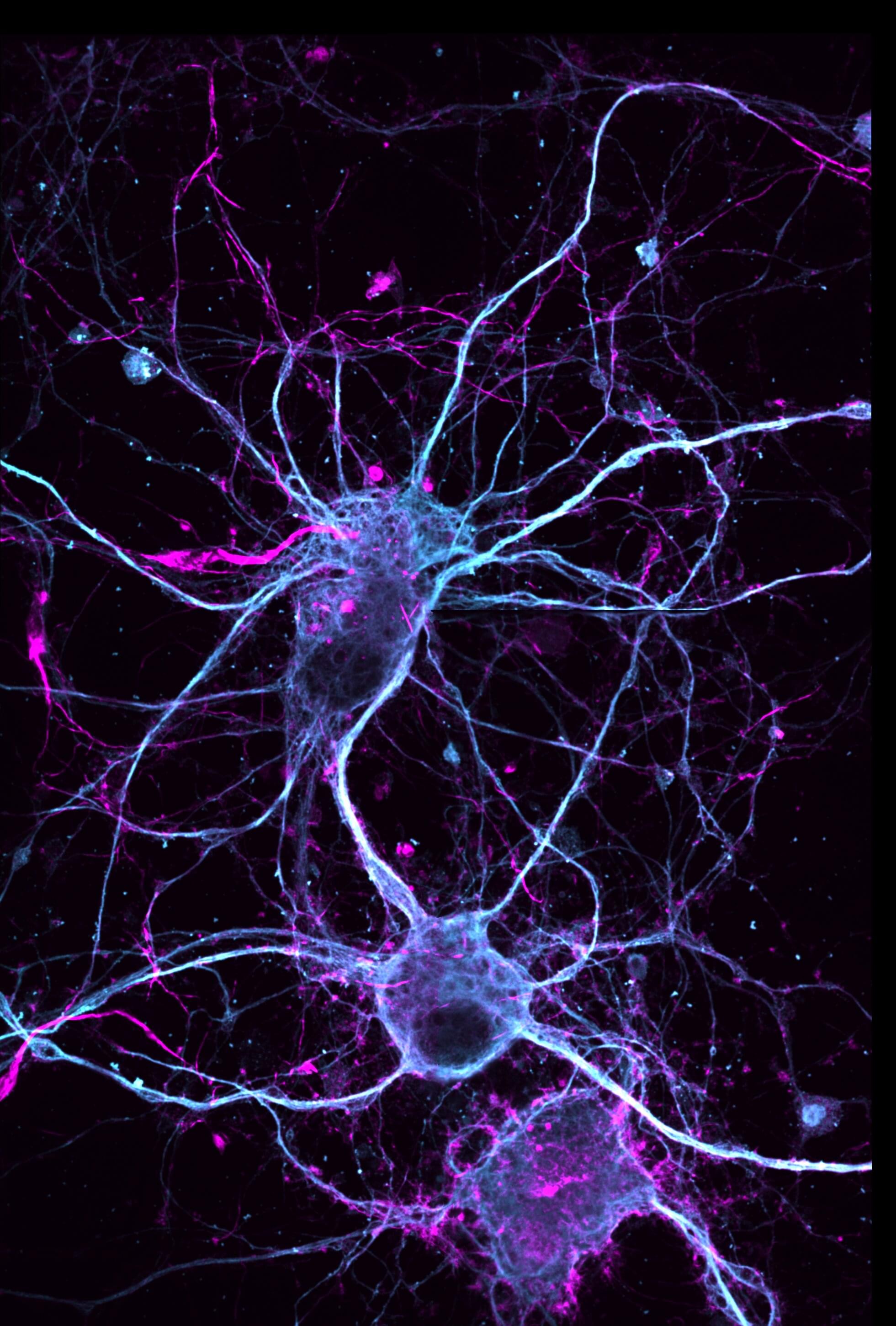Ibogaine—a psychoactive plant derivative—has attracted attention for its anti-addictive and anti-depressant properties. But ibogaine is a finite resource, extracted from plants native to Africa like the iboga shrub (Tabernanthe iboga) and the small-fruited voacanga tree (Voacanga africana). Further, its use can lead to irregular heartbeats, introducing safety risks and an overall need to better understand how its molecular structure leads to its biological effects.
In a study appearing in Nature Chemistry, researchers at the University of California, Davis Institute for Psychedelics and Neurotherapeutics (IPN) report the successful total synthesis of ibogaine, ibogaine analogs and related compounds from pyridine—a relatively inexpensive and widely available chemical.
The team’s strategy enabled the synthesis of four naturally occurring ibogaine-related alkaloids as well as several non-natural analogs. Overall yields ranged from 6% to 29% after only six or seven steps, a marked increase in efficiency from previous synthetic efforts to produce similar compounds.
